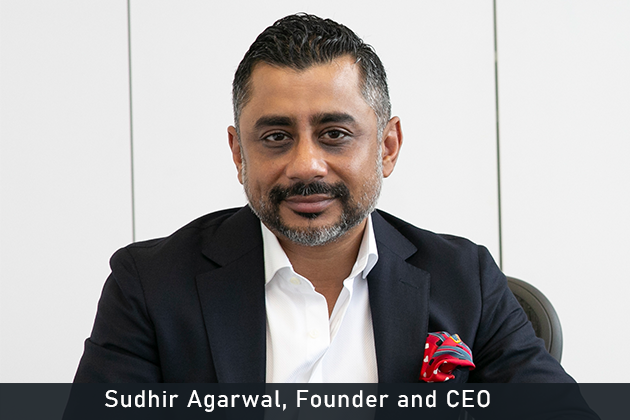Pursuing higher education is a dream of students who wish to expand their academic boundaries. Tuition is a crucial part of higher education that helps students navigate the complexities associated with their higher studies. This requires an additional cost for students alongside their admission fees to unlock the opportunity to study at their dream university. However, what in higher education doesn’t require any additional cost? Which is Not Considered an Additional Cost Beyond Tuition for Higher Education? Let’s find an answer to these questions.
Academic Counseling is Not an Additional Cost
Acquiring a Master’s or other higher degrees often requires various additional costs for students. Additional costs in higher education involve textbooks and supplies, room, transportation, and board. These additional costs often impact the budget of students taking admission to a university.
However, there is one such important aspect of pursuing higher education that doesn’t require any additional cost. Academic counseling is not regarded as an additional cost beyond tuition in higher education. This is to enable all students to savor the benefits of academic counseling. The cost of academic counseling is often included in tuition or general fees while you take admission to your favorite higher course.
Academic Counseling
Academic counseling or academic advising is an educational practice that helps students navigate their career path. Academic counselors in universities are there to help students choose the courses that satisfy their academic plans and suit their academic expertise. In order to aid students in achieving their career goals, academic counseling is crafted with various services and should not be considered an additional cost beyond tuition in higher education.
Academic counseling encompasses the below-mentioned services-
- a) Selecting Course: Identifying the academic plan of any student, academic counselors help them choose the best-suited course. They can also help students choose the course that fulfills their graduation requirements.
- b) Career Guidance: Through academic counseling, academic counselors offer students various educational options that align with their career goals.
- c) Developing Course Schedule: Academic counseling also aims to help students develop a course schedule to meet the degree requirements.
- d) Assisting Students with Disabilities: Academic counselors aid students with disabilities by helping them get their desired accommodations.
- e) Student Registration: The service also includes registration of students or helping them enroll in their courses.
- f) Financial Aid: Academic counseling identifies financial challenges faced by some students and determines whether they need financial help or not.
- g) Assessing Progress: Academic counselors keep track of students’ progress and keep them updated about any new requirements to bring improvement in their academics.
- h) Facilitating Course Changes: Students are helped to navigate through the process of changing their course through academic counseling.
- i) Influencing Policy Changes: As academic counselors possess knowledge of the institution’s policies and regulations, they can effectively drive change in existing policies as per requirements.
Importance of Academic Counseling
Counseling is a learning-oriented process that occurs in an interactive relationship designed to help clients learn more about them. Academic counseling also helps students identify their learning needs and the courses they need to pursue to enhance learning. This educational practice offers a range of benefits-
1) Navigating Students’ Educational Journey
The biggest importance of academic counseling is that it helps students make informed academic decisions regarding courses, career pathways, and registration. With their expert advice, academic counselors can help students choose the appropriate course and enroll them in it. They can also help them change their course whenever needed. Moreover, academic counseling is a beneficial practice that doesn’t need any additional cost beyond tuition in higher education.
2) Improving Study Habits
Counselors offer strategic advice to students to help them improve their study habits, time management, and organizational skills. By deploying their strategies, students can learn more effectively and perform well.
3) Developing Lesson Plans
One of the most important aspects of academic counseling is that it helps students in lesson planning with relevant resources. These lesson plans are developed in alignment with their career goals.
4) Career Support
By giving the opportunity to explore various career avenues and develop essential professional skills, academic counseling can empower students to make informed career decisions.
Academic counseling, with no additional costs beyond tuition in higher education, can do wonders for students. It not only helps them enroll in their desired courses but also enhances their professional skills to ace their professional role in the future.










